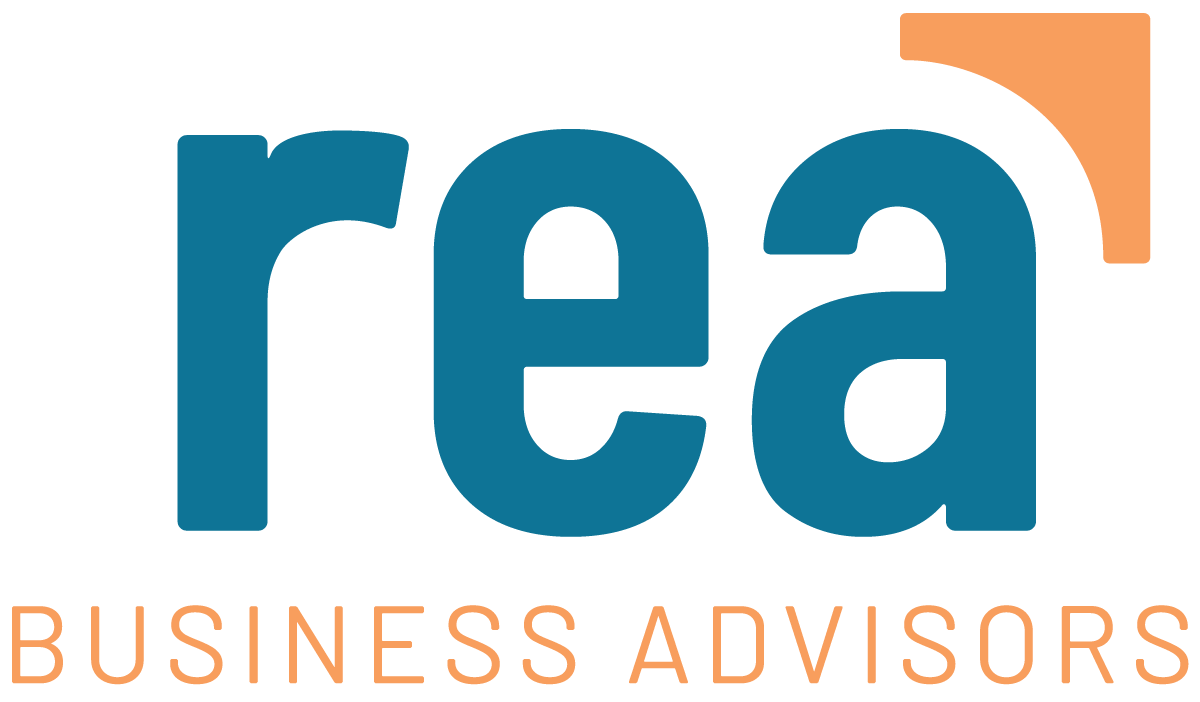
In the realm of construction projects, effective cost management is vital for success. Keeping expenses under control, accurately tracking costs, and ensuring profitability are key objectives for construction companies. Fortunately, there are several techniques and tools available to aid in this endeavor. Let’s explore the importance of construction project cost management and delve into three fundamental techniques: job costing, work-in-progress (WIP) calculations, and earned value management (EVM).
Job Costing: A Pillar of Construction Cost Management
Job costing is a method employed by construction companies to track and allocate costs to specific projects or jobs. It involves breaking down a construction project into various cost elements, such as labor, materials, subcontractors, equipment, and overhead expenses. By assigning costs to each element, companies can accurately determine the total expenses incurred for a particular project.
The benefits of job costing are manifold. It enables project managers to identify areas of excessive spending, make informed decisions regarding resource allocation, and establish accurate estimates for future projects. By understanding the cost drivers, companies can optimize their project management strategies and improve overall profitability.
Work-in-Progress (WIP) Calculations: Monitoring Project Costs in Real-Time
Work-in-progress calculations are essential for monitoring and managing costs throughout the lifecycle of a construction project. WIP refers to the value of work that is in progress but not yet completed or billed. It represents an important financial metric for construction companies, as it determines revenue recognition and financial reporting.
WIP calculations involve estimating the percentage of completion for each project and assigning costs accordingly. This can be done through various methods, such as the cost-to-cost ratio or the percentage of work completed. By tracking WIP regularly, construction companies can identify potential cost overruns, ensure accurate financial reporting, and make informed decisions to keep projects on track.
Earned Value Management (EVM): Integrating Cost, Schedule, and Performance
Earned Value Management (EVM) is a powerful technique that integrates cost, schedule, and performance metrics to assess the progress and efficiency of a construction project. It involves comparing the planned budget and schedule with the actual progress to determine the project’s “earned value” at any given point.
EVM provides project managers with a comprehensive view of the project’s cost and schedule performance through metrics like the Schedule Performance Index (SPI) and Cost Performance Index (CPI). By analyzing these indicators, managers can identify deviations from the original plan, take corrective actions, and ensure that projects stay within budget and on schedule.
EVM also enables forecasting, allowing construction companies to anticipate the final project cost and completion date based on the current performance. This helps in proactive decision-making, risk mitigation, and effective resource allocation.
Effective cost management is a cornerstone of success in construction projects. Techniques like job costing, work-in-progress calculations, and earned value management provide construction companies with the tools to track and manage costs throughout the project lifecycle. By implementing these techniques, companies can gain valuable insights into their financial performance, optimize resource allocation, identify potential cost overruns, and make informed decisions to ensure profitability.
In today’s competitive construction industry, where profit margins can be slim, construction project cost management is more critical than ever. Accurate cost tracking, proactive decision-making, and efficient resource allocation can be differentiating factors that lead to successful project delivery and sustained growth.
To stay ahead of the curve, construction companies should embrace technology solutions that streamline cost management processes, provide real-time data insights, and enable effective collaboration between project stakeholders. By combining robust cost management techniques with innovative technology, construction firms can enhance their competitiveness, drive efficiency, and maximize profitability in an ever-evolving industry.
We are here to help! Reach out to your trusted Rea advisor today.



